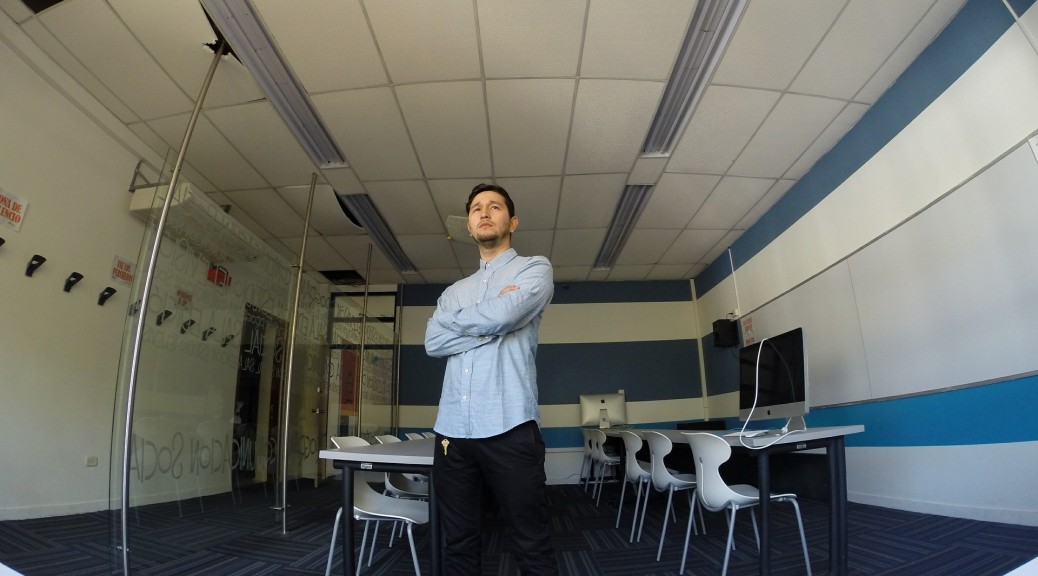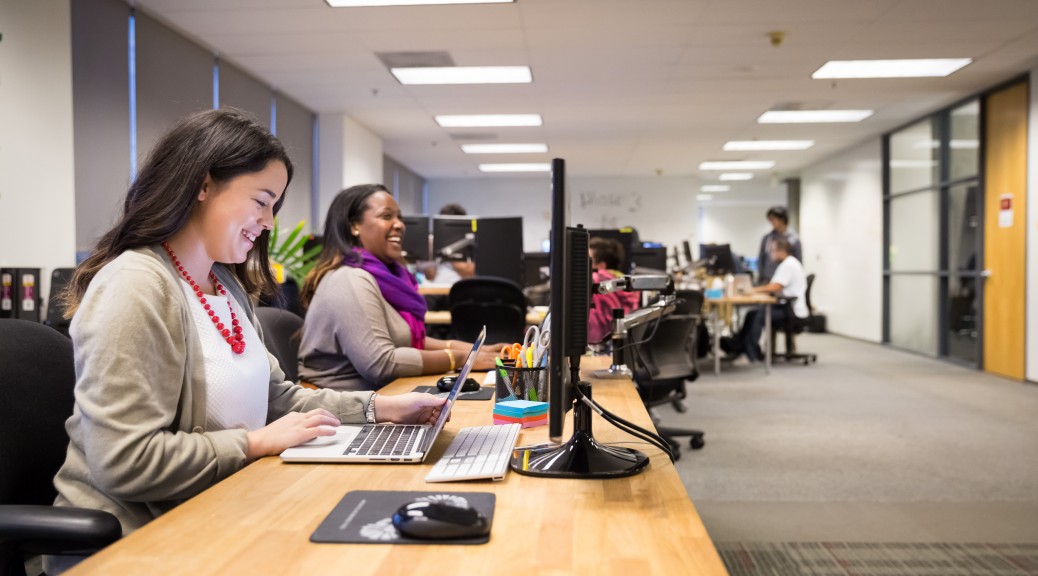The White House is pushing even harder than before to make sure children throughout the U.S. have the right tools to be proficient coders. Consider a recent article for the Atlantic titled “The Reality of Coding Classes.”
Mikhail Zinshteyn of the Atlantic writes, “The White House wants every child in the United States to learn computer science. The president’s plan to reach that goal? Ask Congress to fund a new $4 billion program for states and another $100 million for districts to train teachers and purchase the tools ‘so that our elementary, middle, and high schools can provide opportunities to learn computer science for all students,’ Obama said in his weekly address on January 30. With Congress’s approval, the $4 billion will be spent over three years to train teachers, connect schools with corporate and nonprofit partners, and expand instructional material. States would apply for a slice of the $4 billion and have five years to use the money. The funding programs, which will appear in the president’s forthcoming budget proposal for 2017, are just the latest effort from the White House to bring more science and technology education to students. The Obama Administration is hopeful that the recent passage of the Every Student Succeeds Act, which replaced No Child Left Behind, signals support for additional education spending. But is advocacy for the plan relying on faulty notions about the economy’s need for more coders? And is the price tag enough to underwrite the president’s ambitious goal? The United States spends magnitudes more on educating the nation’s public-school students than the computer-science money the White House is proposing: Over half a trillion dollars go toward education spending, amounting to roughly $10,800 per student—a tenth of that coming from federal resources. On instruction alone, federal, state, and local governments spent $326 billion in 2013. With 50 million students in U.S. public schools, the $4.1 billion proposal and additional $135 million from currently funded programs would translate into $86 per kid.”
When it comes to sustainable, customized coding education, you can’t go wrong with CodeRev Kids. At CodeRev Kids, our lessons focus on computational thinking, which encompasses a wide variety of programming languages and concepts.
Our lessons build upon one another and we adjust starting points to each student’s level of expertise. Thus, the entire curriculum is customized. We are known for saying we are the most educational tech camp out there, but we also keep the focus on having fun. As a result, students stay engaged while learning to blend creativity with technology.









